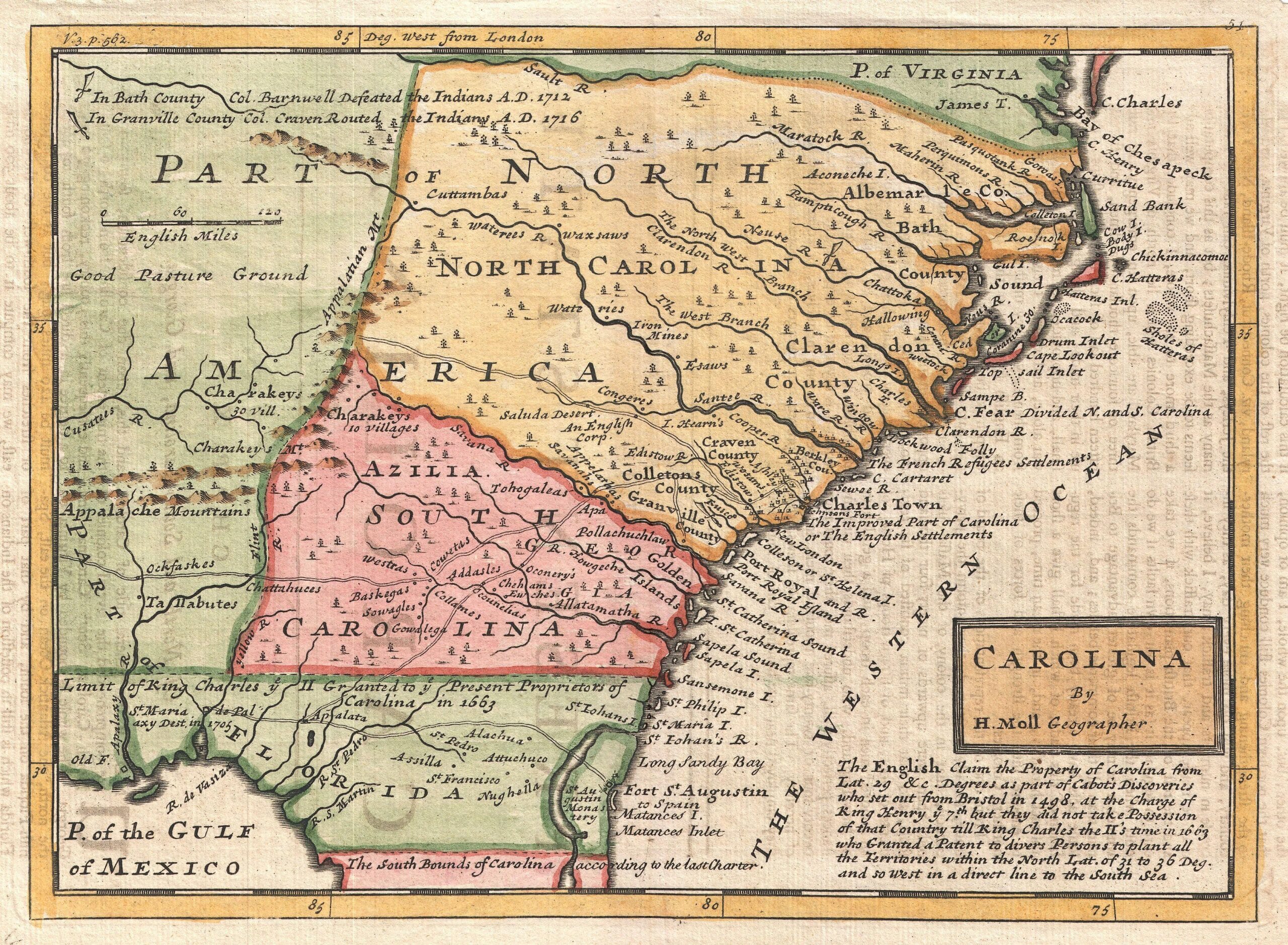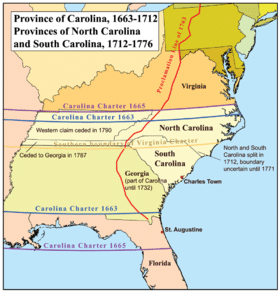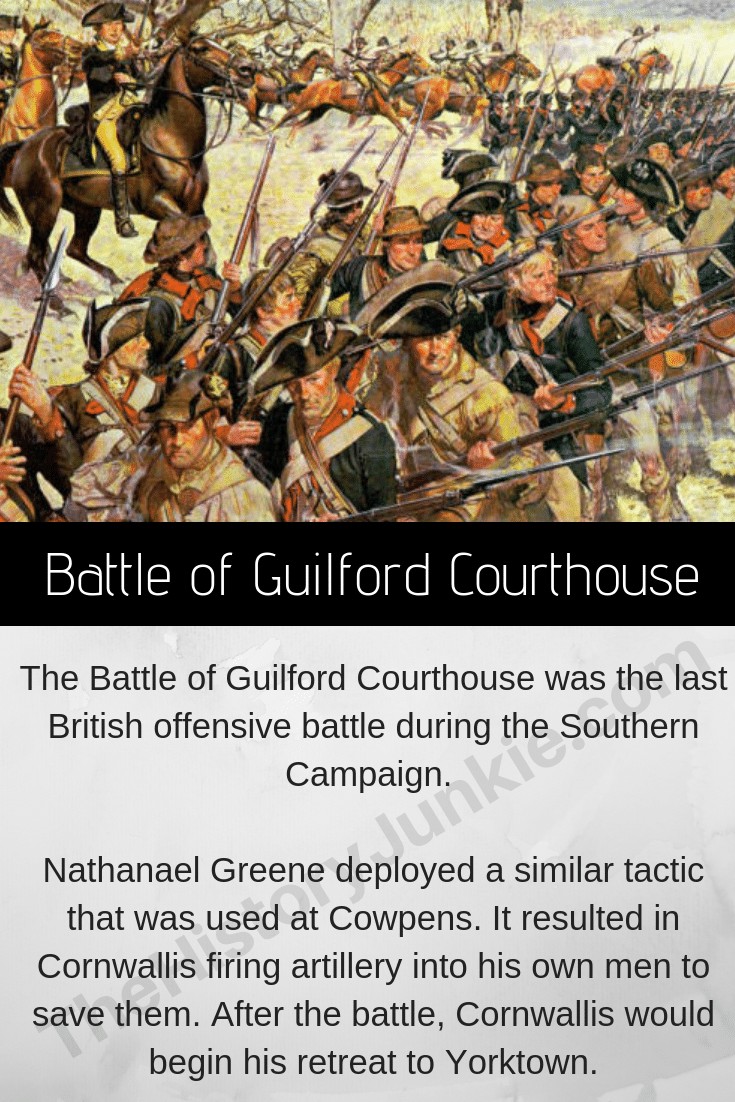The North Carolina Colony had its beginnings in the Roanoke Colony and eventually became the Carolina Colony that would break off into two different colonies: the South Carolina Colony and the North Carolina Colony. The colony's charter would include the lands of other future states, Tennessee and Georgia.

Jump to:
North Carolina Colony Facts: Beginnings

North Carolina began as the Carolina colony, which combined modern-day North and South Carolina.

The first attempted settlement in the Carolinas was the Roanoke colony, which ended with the colonists disappearing. The Spanish and French also had failed attempts to colonize the Carolinas.
Although founded in 1663, the first permanent English settlement in the Carolinas was established at Albemarle Point in 1670. Many of the original settlers came from the Caribbean island of Barbados, including the new governor, William Sayle.
A year before, in 1669, prospective Carolina settlers, including John Locke, wrote the Fundamental Constitutions of Carolina, which served as an early form of government for the Carolina colony.
In 1729, after nearly a decade-long attempt by the British government to locate and buy out seven of the eight Lords Proprietors, both Carolinas became royal colonies.
The remaining one-eighth share of the colony was retained by members of the Carteret family until 1776.
North Carolina Colony Facts: American Revolutionary War
North Carolina Colony has an interesting history when it comes to the American Revolutionary War.
When the British passed their first series of acts, the colonists of North Carolina revolted against them, and when the British punished Boston for their acts during the Boston Tea Party, some of the colonies' wealthy merchants sent shipments of tea to Boston. However, when thoughts of independence arose, they hesitated.
North Carolina, like many of the Southern Colonies, depended on agriculture, and since they were dependent on agriculture, they also depended on slaves. Although they supported the Massachusetts Bay Colony during their difficult times, they were hesitant to vote for independence.
Eventually, after Richard Henry Lee delivered his Resolves speech, the dominoes in the South began to fall, and North Carolina joined the cause of independence.
They had three Signers of the Declaration of Independence:
There were roughly 30 battles that were fought in North Carolina, with the most significant being the Battle of Guilford Courthouse, which forced Lord Cornwallis to retreat to Yorktown.

North Carolina Colony Facts: Online Resources
- Wikipedia - Province of North Carolina
- Carolana - History of North Carolina
- The History Junkie's Complete Guide to Colonial America
- The History Junkie's Complete Guide to 13 Original Colonies
- The History Junkie's Complete Guide to Southern Colonies
- The History Junkie's Complete Guide to American Revolutionary War
